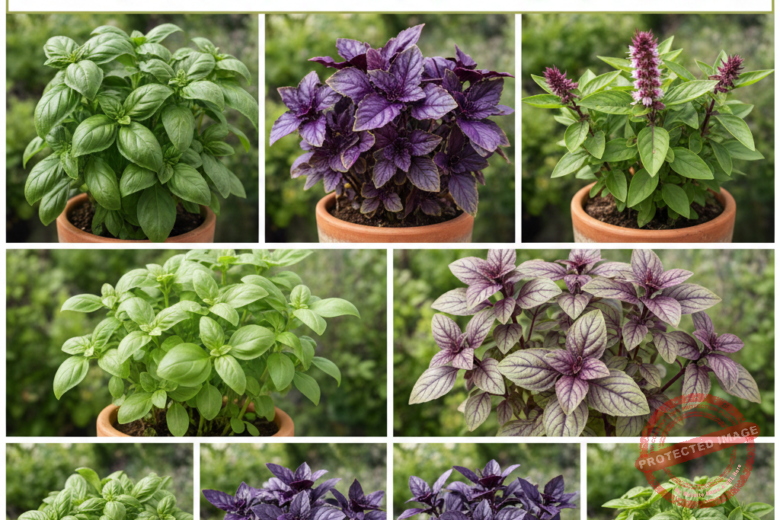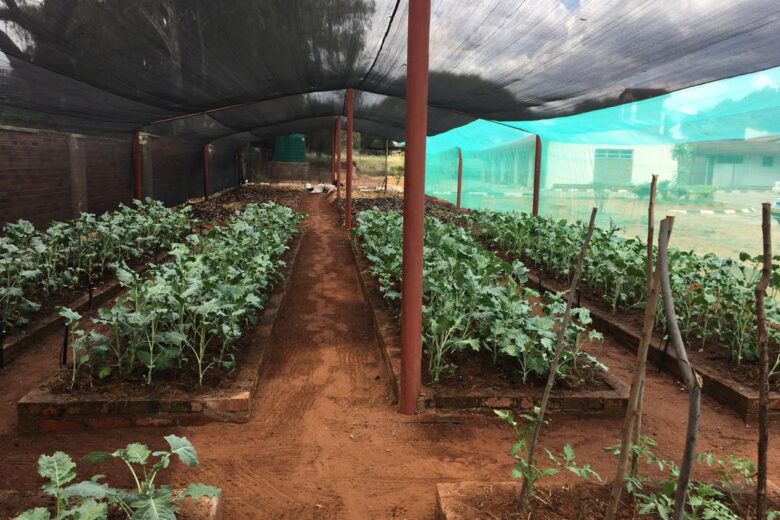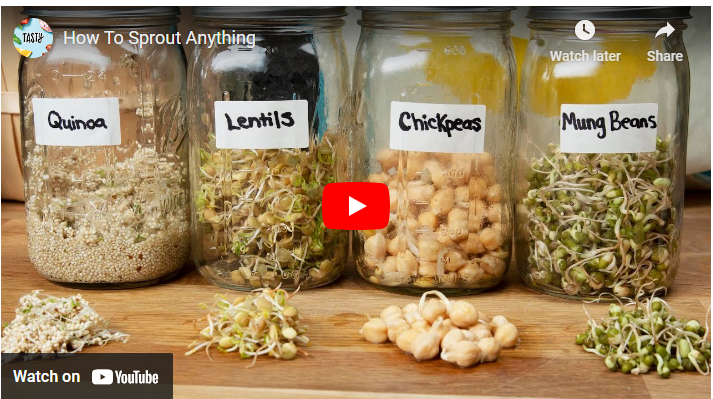Blueberries are delicious and nutritious fruits that are not only a delight to eat but also a joy to grow. If you’re living in Singapore and want to enjoy the fresh taste of homegrown blueberries, you’re in luck. With the right knowledge and techniques, you can successfully grow blueberries in Singapore’s unique climate.
To grow blueberries in Singapore, select a sunny spot with well-drained acidic soil or create a raised bed with the appropriate soil mix. Plant the blueberry bushes, water them regularly to keep the soil consistently moist, and provide protection from excessive heat. Prune the bushes annually, and enjoy the harvest when the berries ripen, usually within 2-3 years.
In this step-by-step guide, we’ll walk you through the process of growing blueberries, from choosing the right variety to harvesting and beyond. So, let’s dive in and get started!
How to Grow Blueberries in Singapore: Step-by-Step Guide
Choosing the Right Variety of Blueberries
The first step in growing blueberries is to select the right variety that thrives in the Singapore climate. It’s essential to choose varieties that are suited for the tropics and can tolerate the heat and humidity. Some recommended varieties for Singapore include Sharpblue, Misty, and Sunshine Blue. These varieties are known for their adaptability to warmer climates and produce delicious berries.
Preparing the Soil for Blueberries
Blueberries prefer acidic soil with a pH level between 4.0 and 5.5. Before planting, it’s crucial to test the soil’s pH level and make necessary amendments to achieve the ideal acidity. To lower the pH, you can incorporate organic matter like peat moss or pine needles into the soil. Additionally, ensure that the soil is well-drained and rich in organic nutrients.
Planting Blueberries
Blueberries are best planted during the cool months of the year, typically between November and February in Singapore. Choose a location in your garden that receives full sunlight for at least six hours a day.
Dig a hole that is slightly larger than the root ball of the plant. Place the blueberry plant in the hole, making sure it is at the same depth as it was in the nursery container. Backfill the hole with soil, gently firming it around the plant.
Providing Adequate Water and Sunlight
Blueberries require consistent moisture but should not be overwatered. It’s important to keep the soil evenly moist, especially during the fruiting season. However, avoid waterlogged conditions as this can lead to root rot. In addition to water, blueberries need plenty of sunlight to grow and develop sweet berries. Make sure they receive at least six to eight hours of direct sunlight daily.
Mulching and Fertilizing Blueberry Plants
Mulching is essential for blueberry plants as it helps to conserve moisture, suppress weeds, and maintain a cool root environment. Apply a layer of organic mulch around the plants, such as pine bark or wood chips, keeping it a few inches away from the base of the plant.
When it comes to fertilizing, blueberries have specific nutrient requirements. Use a balanced fertilizer formulated for acid-loving plants and follow the instructions for application rates.
Pruning and Training Blueberry Bushes
Pruning plays a crucial role in maintaining the health and productivity of blueberry bushes. It helps to remove dead or damaged wood, improve air circulation, and encourage new growth. Prune blueberries during the dormant season, usually in late winter or early spring.
Remove any low-growing branches and thin out crowded areas to ensure good light penetration. Additionally, consider training the plants by removing any fruit in the first year to promote stronger growth.
Protecting Blueberries from Pests and Diseases
Blueberries can be vulnerable to various pests and diseases, including birds, aphids, mites, and fungal infections. To protect your plants, consider using bird netting to prevent birds from feasting on the berries.
Regularly inspect your plants for signs of pests or diseases and take appropriate measures, such as using insecticidal soaps or organic sprays, as recommended by a horticulturist.
Harvesting Blueberries
As your blueberry plants mature, they will start producing fruits. The berries are ready for harvest when they have reached their full color and easily come off the stem with a gentle tug. Harvest them in the morning when the temperatures are cooler.
Be careful not to squeeze or bruise the berries during picking, as they are delicate. Blueberries are best enjoyed fresh, but you can also store them for later use.
Storing and Using Blueberries
To store blueberries, place them in a shallow container and store them in the refrigerator. Avoid washing them until you’re ready to use them, as moisture can promote spoilage. Blueberries can be enjoyed in various ways, from adding them to smoothies and yogurt to baking them in pies and muffins. Their sweet and tangy flavor adds a burst of freshness to any dish.
Troubleshooting Common Issues
While growing blueberries can be rewarding, you may encounter some common issues along the way. One common problem is bird damage, which can be prevented with netting or scare tactics.
Another issue is nutrient deficiency, often indicated by yellowing leaves. Adjusting the pH and providing appropriate fertilization can help address this problem. If you notice any unusual symptoms or concerns, consult with a local gardening expert for assistance.
Can blueberries be grown in pots?
Yes, blueberries can be grown in pots or containers. Choose a large container with good drainage and use a well-draining acidic potting mix. Place the container in a location that receives ample sunlight, and provide regular watering and fertilization as needed.
How long does it take for blueberry plants to bear fruit?
Blueberry plants typically start producing fruits within two to three years after planting. The exact time may vary depending on the variety and growing conditions. Be patient and provide proper care, and you’ll soon be rewarded with a bountiful harvest of blueberries.
Do blueberries require pollination from other plants?
Some blueberry varieties are self-pollinating, while others benefit from cross-pollination. To ensure good fruit set, it’s recommended to have multiple blueberry plants of different varieties in close proximity to encourage pollination.
How often should blueberry plants be watered?
Blueberry plants need consistent moisture, especially during the growing season and when fruits are forming. Water them regularly, keeping the soil evenly moist but not waterlogged. Adjust watering frequency based on the weather conditions and moisture levels in the soil.
Can I grow blueberries from seeds?
While it’s technically possible to grow blueberries from seeds, it’s not the recommended method. Blueberries grown from seeds may not inherit the desirable traits of the parent plant. It’s best to propagate blueberries through cuttings or purchase established plants from a reputable nursery.
Conclusion
Growing blueberries in Singapore is a fulfilling experience that allows you to enjoy the taste of freshly harvested fruits. By following the steps outlined in this guide, you can create an ideal environment for your blueberry plants to thrive.
From selecting the right variety to providing proper care, you’ll be on your way to growing your own blueberries in no time. So, get started and savor the flavors of homegrown blueberries!



